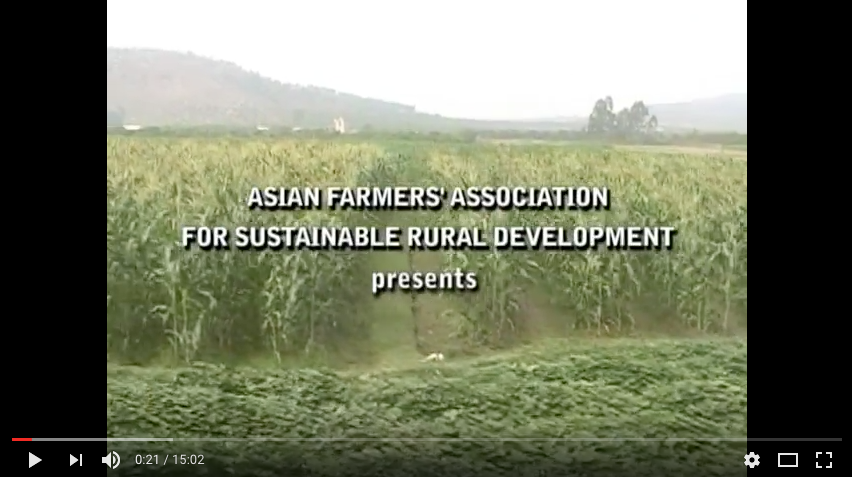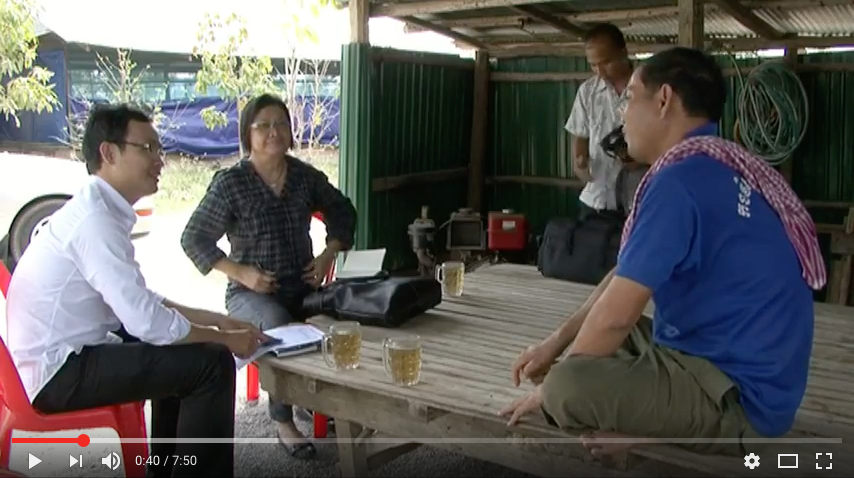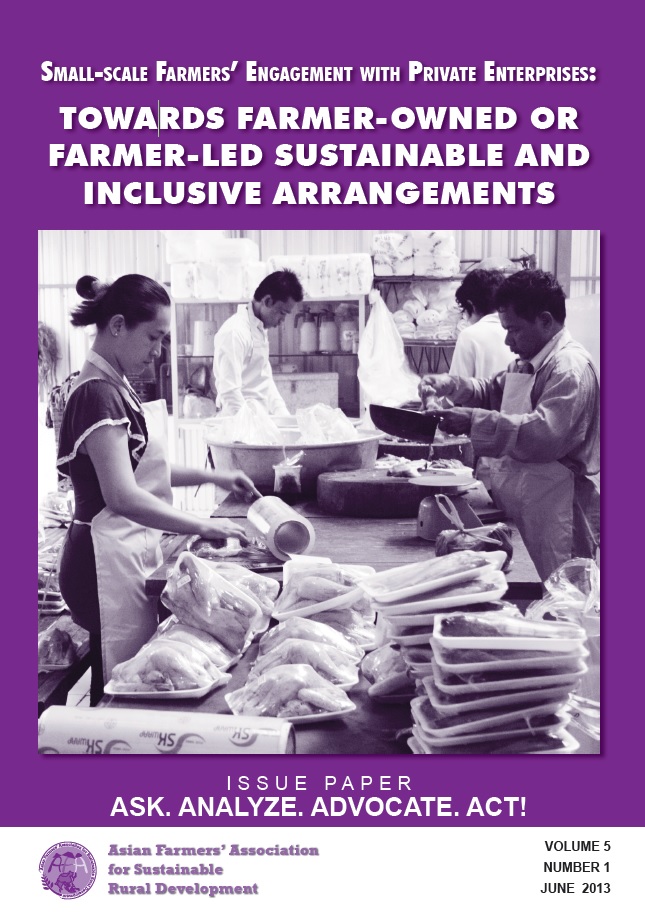Livestock Development : Implications for Rural Poverty, the Environment, and Global Food Security
This report provides recommendations on
how to better manage ongoing changes in livestock
development. First, it presents an overview of the main
trends that can be expected to drive the sector over the
next decades. Second it discusses the negative or positive
social, environmental, and health repercussions of those
trends, and the institutional, policy, and technical
requirements needed to manage them. It concludes with a






